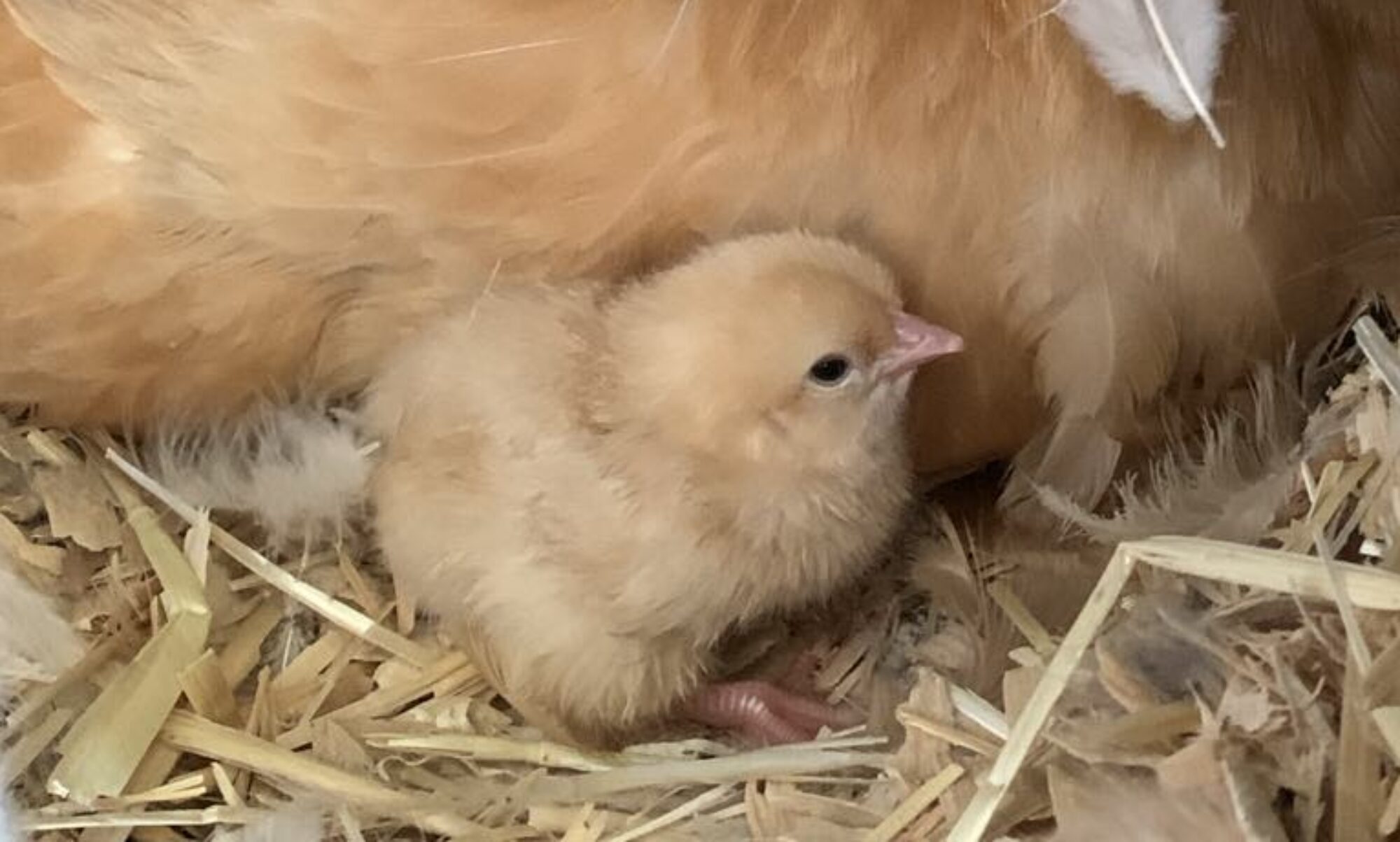(Calcium Carbonate)
Calcium is an integral part of a laying hen’s diet. They require calcium for their bones and for the egg shells they create.

A calcium deficiency in their diet will likely result in soft or thin shelled eggs and the possibility of rickets or osteoporosis in your hens. (Who would have thought that a chicken could get osteoporosis!) If your hens are around the same age and your flock consists of only hens, then it’s fairly easy to make sure they are getting adequate calcium in their diet. Just feed them a quality, brand name layer feed which contains calcium and offer free-choice calcium carbonate in the form of limestone, oyster shell or recycled egg shells. That should pretty well do it for you.
If you have a mixed flock as I do, it becomes a little more challenging. Too much calcium for young birds, and roosters can cause health problems. It can also have ill effects on non-laying ducks and geese. A good mixed flock feed or meat-bird feed is an option, along with food supplements that are high in calcium and free-choice calcium carbonate. Laying hens seem to know when they need calcium. If you offer some form of calcium carbonate free-choice, your hens will eat what they need and the birds that don’t need it won’t be forced to eat it in their feed.
You would be surprised as to what other foods are a good source of calcium. The sage herb offers 33mg of calcium per tablespoon! One cup of dried sunflower seeds in the hull contains 35mg of calcium. One cup of red wheat has 56mg of calcium and 24 grams of protein, white wheat contains 57mg of calcium and 18 grams of protein. So wheat is a good source for both protein and calcium. Don’t forget leafy greens! Kale, collard greens, and spinach are all good sources of calcium and grow well in gardens. Occasionally I will give my chickens milk, cheeses, and yogurt in limited quantities. I know there is some controversy over giving dairy to a chicken, but my chickens have done fine.

Calcium carbonate is the most common form of calcium found in nature, making up limestone, coral reefs and seashells. An egg shell is made up of calcium carbonate and small amounts of protein. The kicker here…a 1/2 teaspoon of crushed eggshell offers 1,000-1,500mg of calcium!! I guess that’s another way our chickens give back! I used to just throw all my eggshells in the compost bucket, but not anymore! I wash the eggshells inside and out, set them on paper towels to dry, then crush and serve! It’s that simple. And they are free!

When crushing your eggshells, you can put them in a plastic bag and smash them or I have a little grinder that I use. I once had chickens who were egg eaters and I don’t want to encounter that nightmare again, so as not to tempt fate, I crush the eggshells into small pieces, but not a powder, so they don’t resemble an egg.


Feed to your hens free-choice, not mixed in with their food. A winner in my coop!


